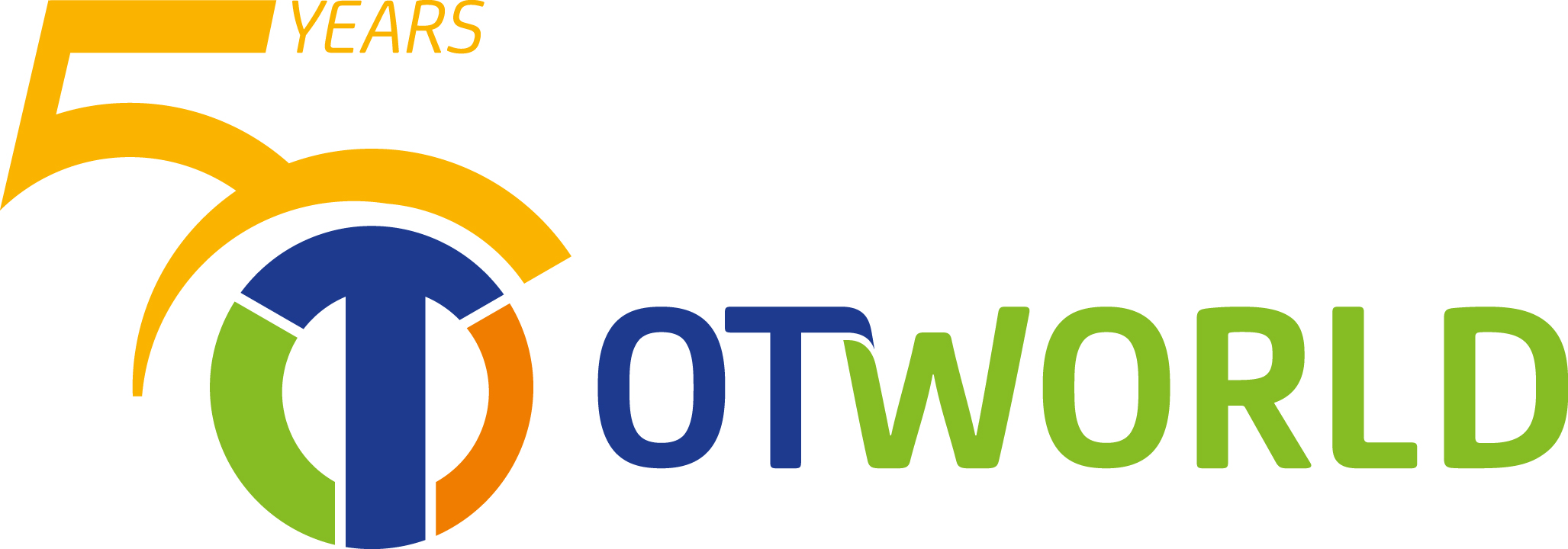Merkur Alimusaj
Contact
Universitätsklinikum Heidelberg
Program Items
Participants obtain a comprehensive understanding of the treatment of patients with spina bifida from infancy to young adulthood. They learn about conservative and surgical treatment strategies as well as physiotherapy, orthopaedic, neurological and rehabilitative considerations, patient care and supplementary orthopaedic measures. Experts from paediatric hospitals and orthopaedic technology institutions in the USA and Germany present innovative clinical treatment approaches and examine specific patient pathologies.
In the context of amputation procedures, among other things for congenital deformities, the focus is also on orthopaedic technology approaches to regulating excessive osseous growth in children with lower limb amputations. Non-surgical treatment methods for patients with reduction defects are presented, including initial results of a study on their quality of life. Participants gain comprehensive insights into the aspects of treatment involving orthopaedic challenges, from childhood to adulthood where the personal perspective of the persons affected is taken into account.
Upper limb prosthetics for children and adolescents is a highly complex and sensitive field. A prosthesis needs to be functional while also promoting the child’s self-confidence and social integration. Adaptability, mobility and fine motor skills are important aspects for a prosthesis. Participants learn why a (myo)electric prosthesis is not always necessarily the right choice. Alternative medical devices and strengthening the child’s own skills take centre stage in close cooperation between experts, parents and the child. Participants learn how to work out decision criteria for the fitting and rehabilitation of these patients on the basis of case studies.
Current clinical pathways and future treatment innovations are underpinned by evidentiary basic data from clinical care. Participants are familiarised with international initiatives that are establishing viable data collection structures. Approaches and synergies are discussed in this context along with surprises that are unavoidable in the course of implementation.
Klinische Untersuchungen, Profilerhebungen und Assessments spielen eine zentrale Rolle bei der Hilfsmittelversorgung mit Prothesen und Orthesen. Durch diese Verfahren wird eine umfassende Bewertung der individuellen Bedürfnisse, Fähigkeiten und körperlichen Gegebenheiten des Patienten ermöglicht. Dies führt zu einer maßgeschneiderten Versorgung, die die Funktionalität und den Nutzen der Prothesen und Orthesen optimiert. Dieser Workshop soll den Teilnehmenden Hintergründe und inhaltliche Erläuterungen bieten, wie eine Zustandserhebung erfolgt und sich in den Alltag integrieren lässt.
